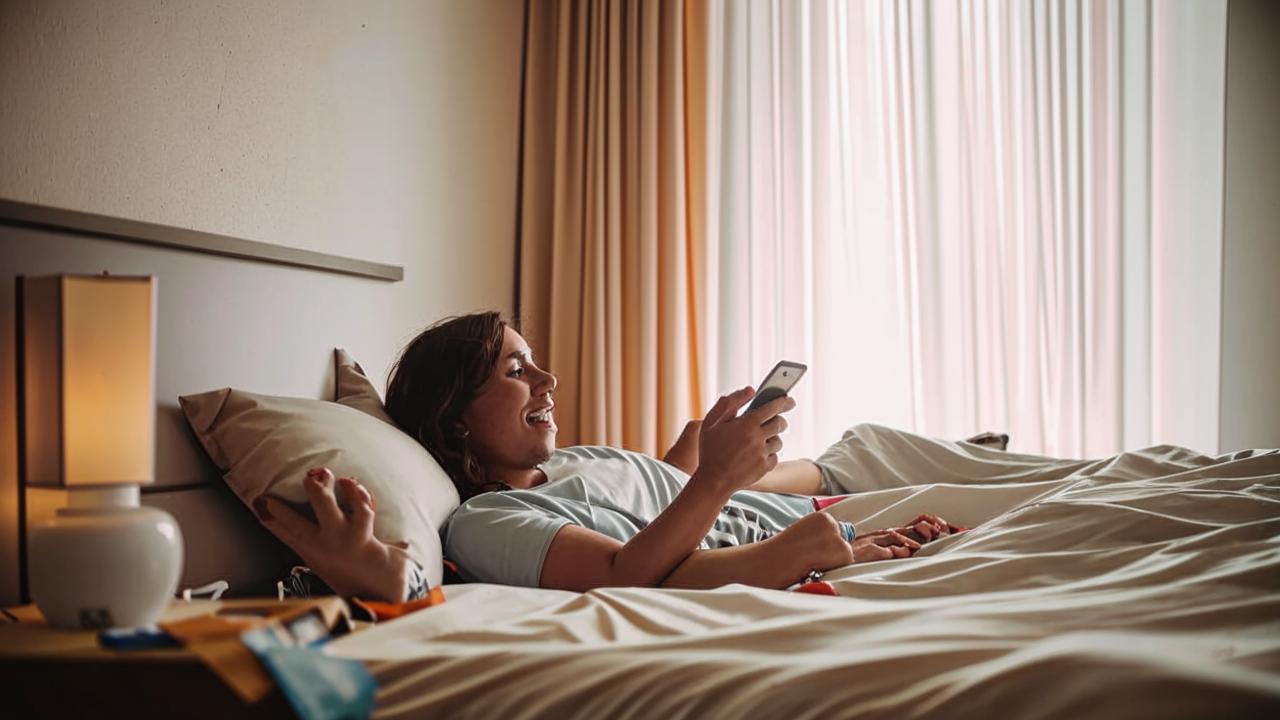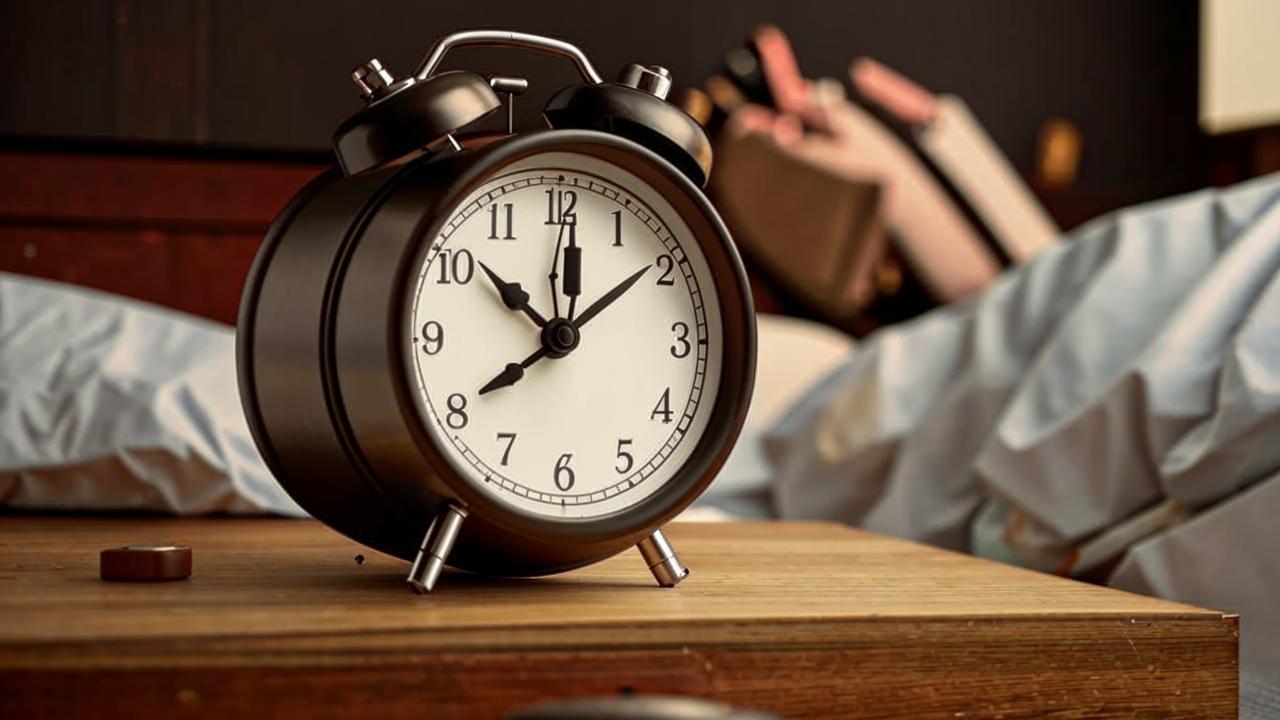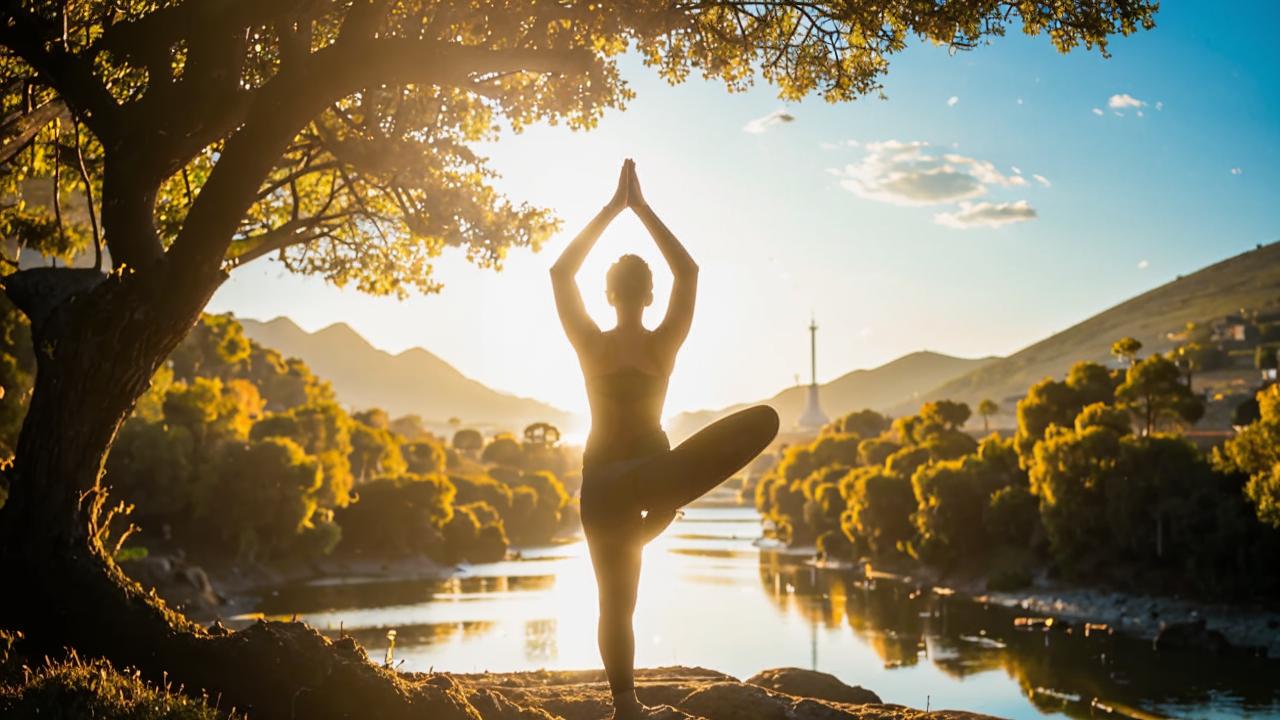As the saying goes, “he who rises early, to him God gives”, and this saying is relevant not only for peasant work in the field, but also for the metropolis. According to research, about 40% of people belong to a certain circadian type, and it is very difficult for them to change their daily routine. The other 60% can more easily adjust the regime to the time.

Konstantin Bochaver
Head of the Sports Psychology Laboratory at the Moscow Institute of Psychoanalysis
Tells why it is so difficult for us to wake up in the morning.
What are the differences between owls and larks?
Morning larks and evening owls are associated with a number of psychophysiological and biochemical differences. Early risers are less time-dependent and lose less productivity by evening than owls when they work in the morning. Behavioral differences are more marked in females – larks are more efficient, steady, calm, and reliable.

Owls in general are unfortunately more vulnerable to mental disorders, more likely to suffer from depression and addiction. In childhood and old age, morning activity is more pronounced; in middle age, evening activity is more pronounced.
A pronounced circadian rhythm is associated with cortisol and melatonin levels, which are responsible for productivity, low fatigue, and, in old age, active longevity. Objectively, larks are more resilient and competitive in a number of life situations. Therefore, rising early and getting a lot done in the first half of the day is good for our health.

Being an owl may be pleasant or fashionable, but being a lark is beneficial. The habit of rising early, if it is not developed by the regime and lifestyle requirements, many people find it uncomfortable. However, like any other habit, it will come with positive reinforcement, when early rising is not an end in itself, but a means.

What would change if you started getting up early in the morning? Maybe you’ll take time for sports and physical activity that you don’t have time for, maybe you’ll spend it with your loved ones, or you’ll develop a new and effective time management strategy: “Once you’ve done your work, you can walk away. Forming the habit of getting up early, you should not forget about the reward for your efforts, and then everything will work out.
Lyubov Pushkar
yoga therapist, methodologist of adaptive physical culture
Do you also feel a sense of guilt and inferiority when you hear stories about morning rises at dawn, yoga, gratitude pages and so on? How do you develop the habit of early rising? Let’s break down how it works and if it’s really that beneficial.
Benefits for the hormonal system. Between six and eight in the morning there is a natural release of cortisol, the stress hormone. Yes, yes, the one that everyone usually talks about in a negative way, but it performs a very important function in our body. It helps us to wake up easily, it triggers all the processes in our body, and it also has anti-inflammatory effects.
Do you notice that sometimes you sleep longer, but then you can’t get yourself together all day long? Waking up according to the rhythms of your hormonal system is the first lifehack to look out for.

Positive neurotransmitters. A light warm-up of 15-30 minutes at the crack of dawn. This can be yoga, a walk with your dog, stretching, joint warm-ups, and anything else you can think of. Another morning ritual to help rock the positive associations with early risers. When we move, we get dopamine – the joy hormone – and serotonin – the hormone of good mood and happiness. In this way, it’s like we put on a good mood consciously and set the rhythm of the day.

Brain Productivity. This point derives from the previous one, because without such a simple morning ritual after waking up, we are immediately included in the vortex of events that require decisions. All of this raises the stress hormone cortisol, which when chronically elevated blocks our brain’s creativity and creative thinking.
Mornings are 80% of how our day will go. The world starts with us, and our quality of life depends on our habits.
How to learn to get up early
If you are determined to get up earlier than usual, you need to take a few steps:
- Determine the purpose for which you will get up early: to have time to do personal errands before work, meditate, read, etc. The goal will be different for each person, but it should be defined at the start.
- Determine your normal hours of sleep. For the average person, this is approximately seven to nine hours.
- Recognize that your sleep schedule will not change on weekends: if you decide to get up at 6:00, then on Sunday you will have an early rise.
- A few hours before bedtime, avoid any activity. If possible, avoid any gadgets an hour before bedtime, as well as heavy food.
- Switch to the new regime gradually – every day set the alarm clock 10-15 minutes earlier than before.






